What about multi-country trips across southern Africa?
Travelling through different countries is achievable with proper planning. Carrying the correct documents and vehicle permits, as well as currency management and timing, ensures a seamless journey through Namibia, Botswana, Zimbabwe, and Mozambique.
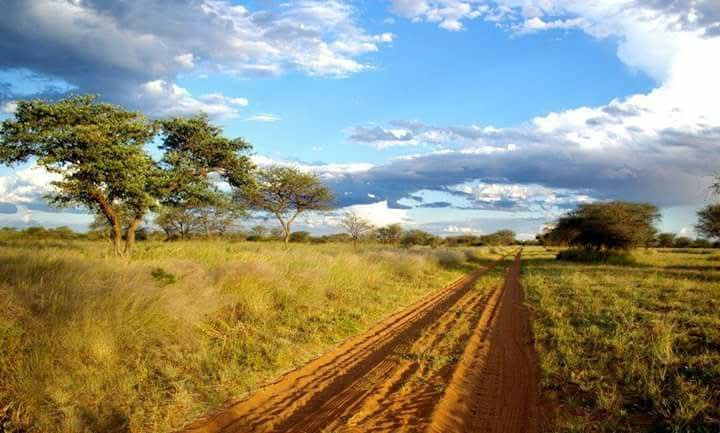
Planning a journey across southern Africa’s borders requires preparation and knowledge. Routes linking Namibia, Botswana, Zimbabwe, South Africa, and Mozambique offer diverse landscapes, cultures, and wildlife, but careful attention to documentation, permits, and travel conditions ensures a smooth travel experience.

Visa requirements differ across countries. South African passport holders can travel freely in Botswana, Namibia, and Zimbabwe. However, non-resident travellers must confirm their entry regulations in advance.
Carrying multiple copies of passports, vehicle registration papers, and insurance certificates avoids complications at border posts.
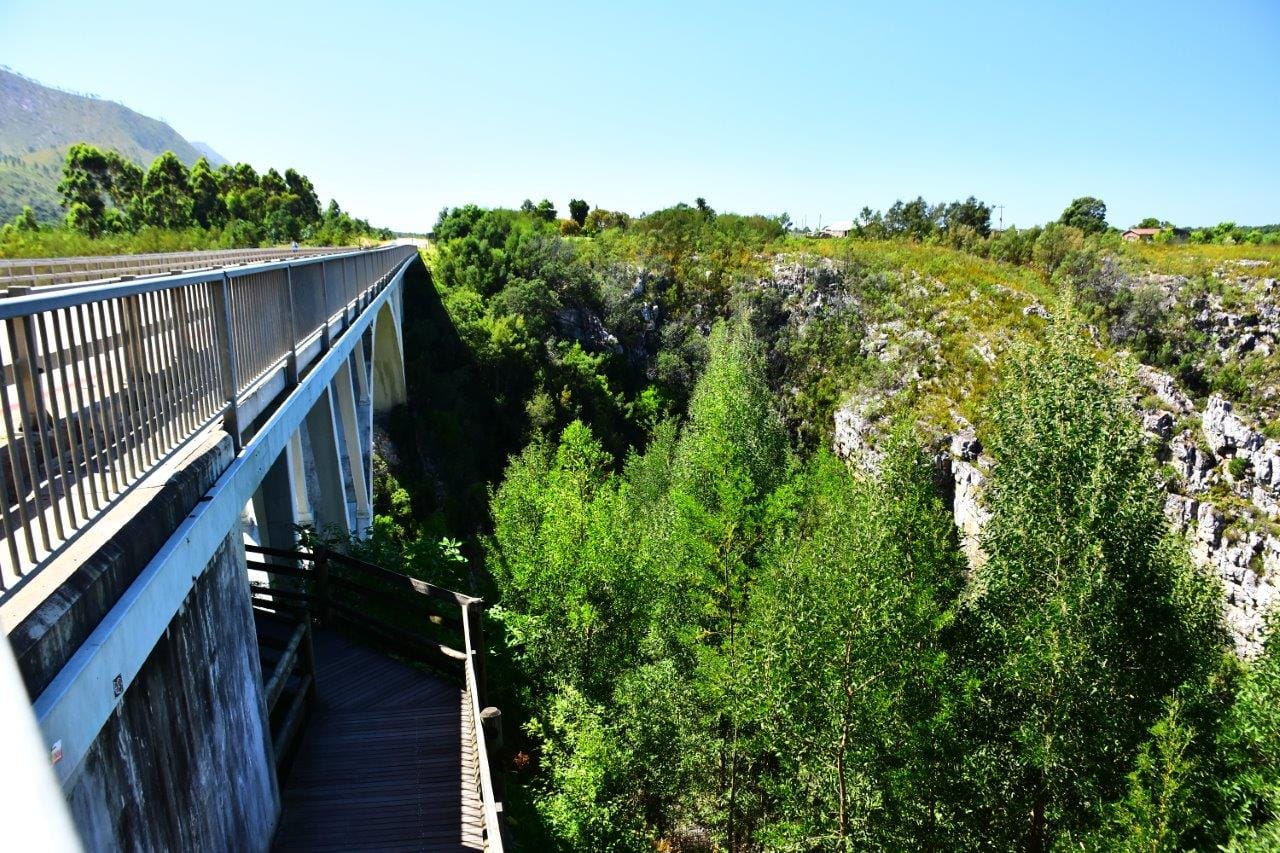
Vehicle permits are essential for cross-border travel. Temporary import permits for Namibia and Botswana, roadworthy certificates, and proof of insurance are required in most countries.
Driving conditions vary: tarred highways like the N1 or B1 offer predictability, while secondary routes and gravel tracks demand extra time and caution.
Timing and distances influence planning. From Windhoek to Maun in Botswana is approximately 1,200 kilometres, requiring at least two overnight stops. Travelling through Zimbabwe to Victoria Falls or Hwange requires checking local conditions, particularly after heavy rains. Advance accommodation bookings in towns like Livingstone or Kasane provide security in peak season.

Currency management matters. Botswana Pula, Namibian Dollar, South African Rand, and Zimbabwean Dollar coexist in different regions, and some remote areas accept only cash. Exchange points are available in towns, but carrying small denominations avoids unnecessary delays at shops or fuel stations.
Health and safety remain priorities.
Cross-border travel can expose travellers to malaria zones, requiring prophylaxis in northern Botswana and Mozambique.
First aid kits, water, and food supplies remain vital in areas with limited medical or retail facilities. Checking local travel advisories and weather forecasts helps avoid hazards such as river floods or road closures.
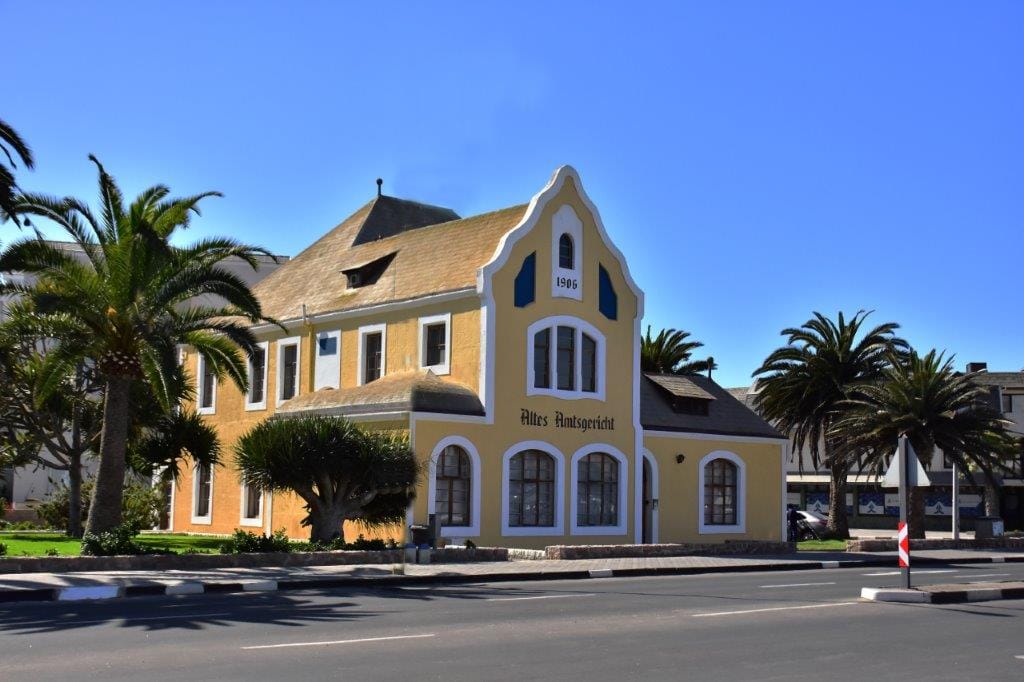

Planning multi-country trips allows travellers to experience the vast diversity of southern Africa efficiently.
Proper documentation, vehicle readiness, careful timing, and currency planning enable a journey that moves seamlessly from desert landscapes in Namibia to wetlands in Botswana, and from waterfalls in Zimbabwe to coastal Mozambique, creating a rich and rewarding travel experience.


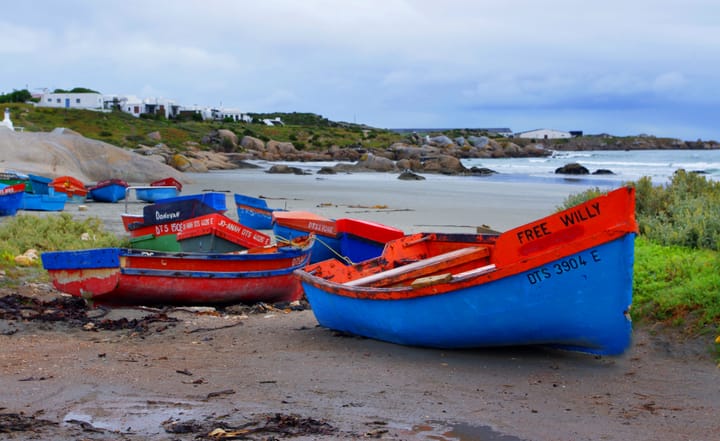
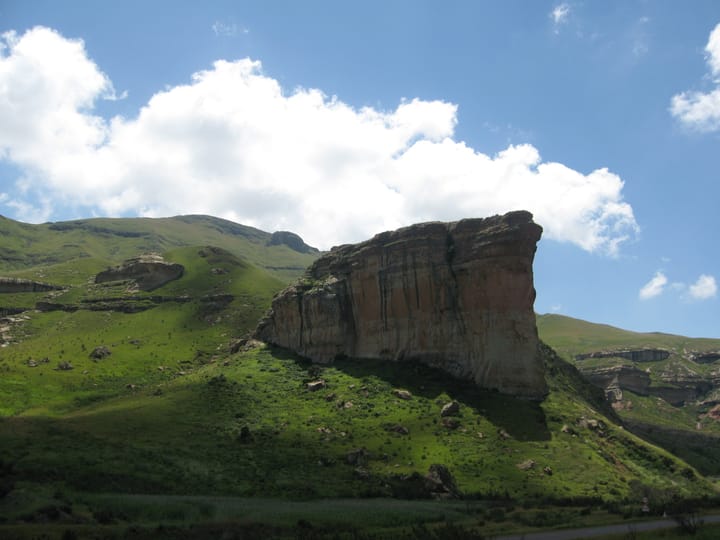

Comments ()